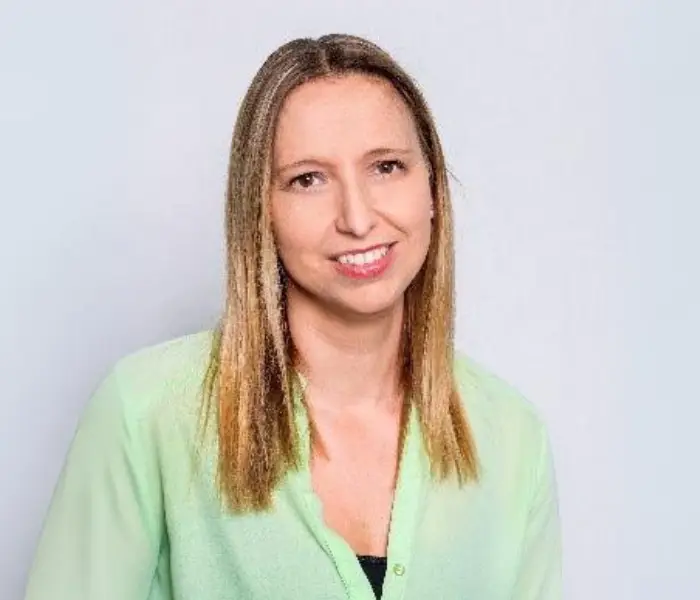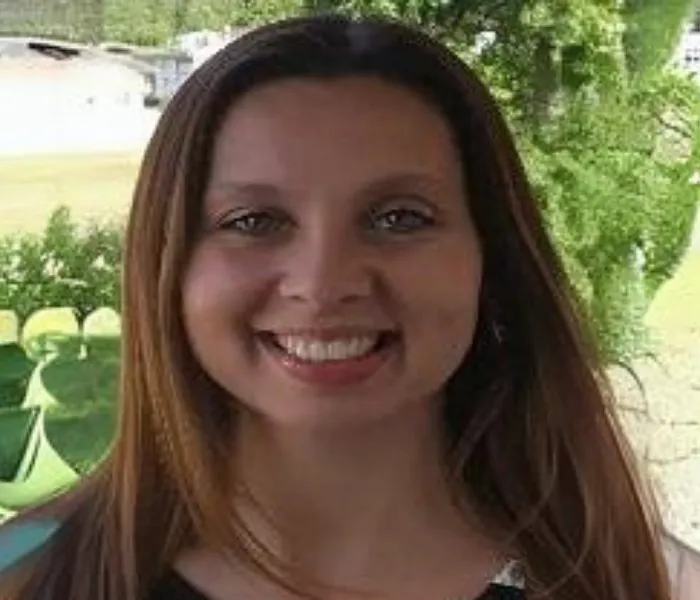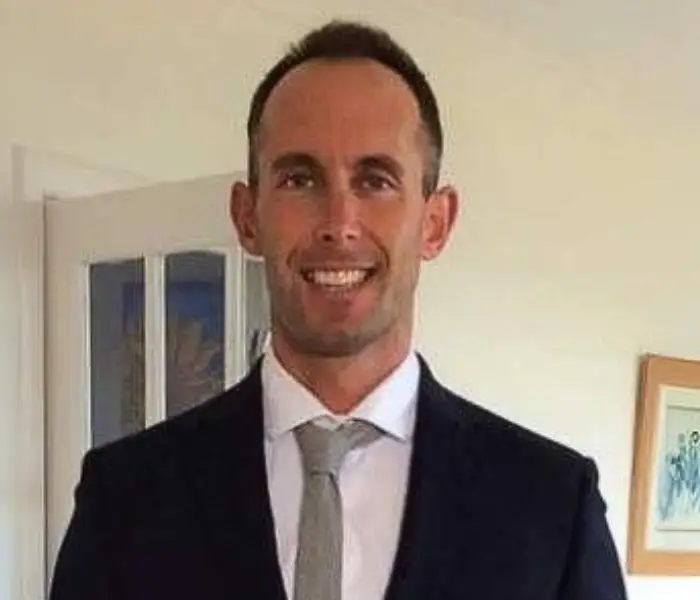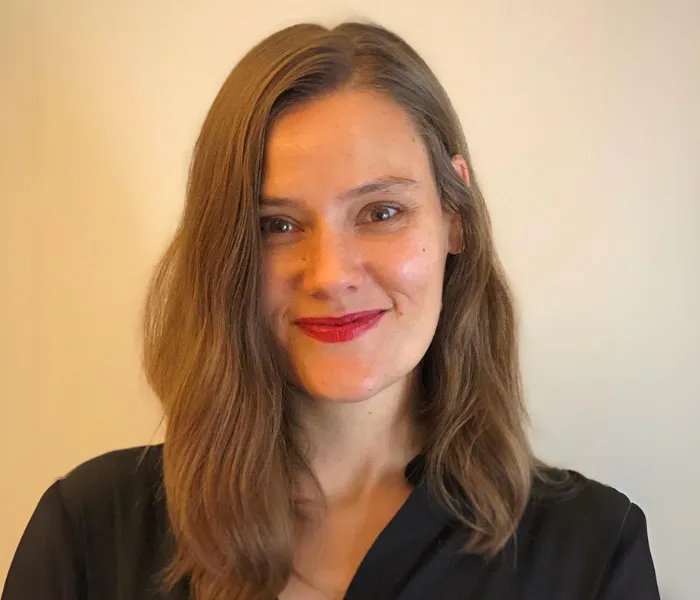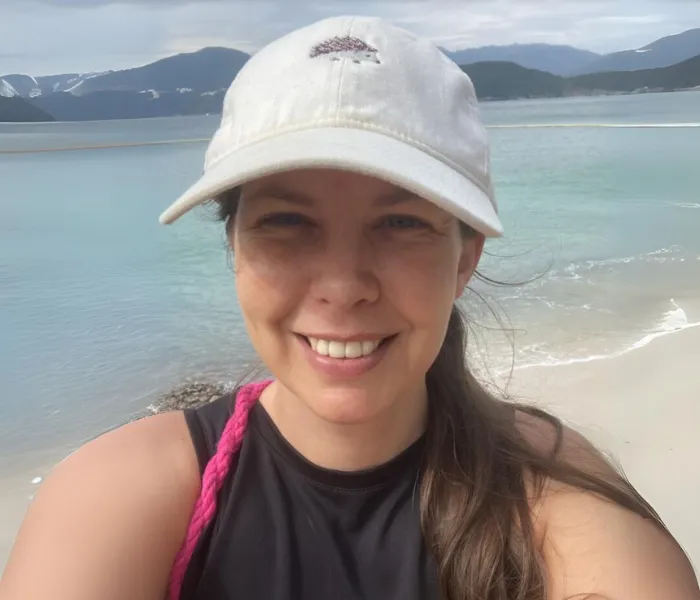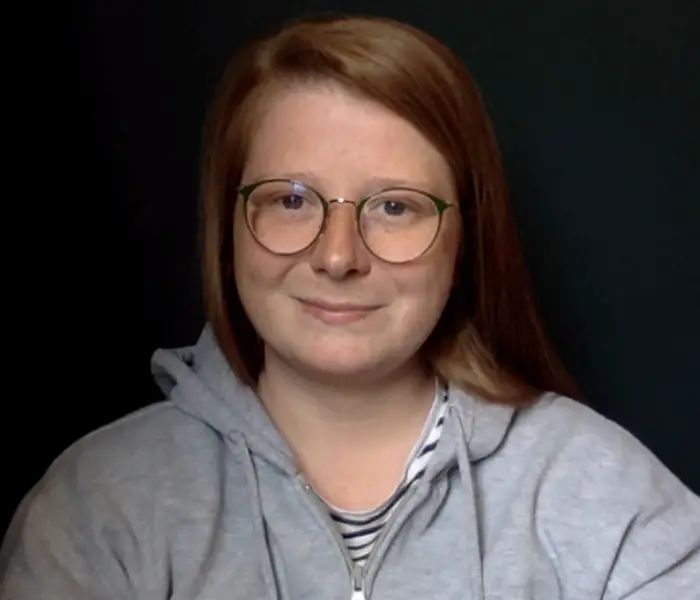
An Interview with Lauren Millar
“This course has greatly benefitted the service we provide in Education Support as it has increased the range of services I am able to offer the students. I asked Stephen McCartney, our Head of Student Services, how he feels my completion of the course has had an impact. He said;
‘Apart from extending the knowledge of my staff, this course has allowed me to extend the services we provide to students who require Access Arrangements for exams. To have this capability on campus means that we can respond to student’s needs much more quickly and effectively. The quality of the provision we now offer is reflective of that provided by the course and we have been pleased to have been able to access such training’.” Lauren Millar, the Education Support Co-ordinator for the Northern Regional College in Northern Ireland.
Read more


